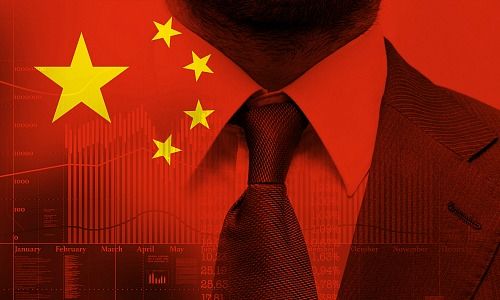Trade War: What Chinese Entrepreneurs Really Think
5. Capital Market: Sleepless Nights

(Image: NYSE)
The U.S. stock markets, New York Stock Exchange, or NYSE, and Nasdaq, have been a key listing venue for many Chinese entrepreneurs, especially those in tech, bio-science, education, and other service sectors.
The worsening trade outlook has led many Chinese entrepreneurs to revisit the ideas of using Hong Kong, Singapore, or even London as potential venues for listing, but they tend to find these alternative venues to be less liquid, less flexible, less China-savvy, or even less certain than the U.S. exchanges.
Some entrepreneurs are losing sleep because of their variable interest entity, or VIE, structures, which had enabled their businesses in «sensitive sectors» to be listed offshore. The feasibility of «VIE» relied to some extent on a certain understanding between the Chinese and U.S. regulators, but these days any understanding between the two is wearing thin.
6. Stimulus: Invisible Hand

(Image: Karan Bhatia, Unsplash)
«The worst of times would be the best of times» – some Chinese entrepreneurs are taking a contrarian view. They think the trade war would lead the Chinese regulators to loosen or reverse, in a hushed manner, recent policies that had negatively impacted real estate, steel-making, mining, and other «old-economy» sectors.
Others are betting monetary stimulus has to be released, one way or another, to neutralize the trade war’s effects on industrial activities and sentiments. «It might not be cuts of rates or reserve ratios, but watch out for issues of thematic bonds or launches of sector-specific strategic funds,» one entrepreneur said with a wink.



























